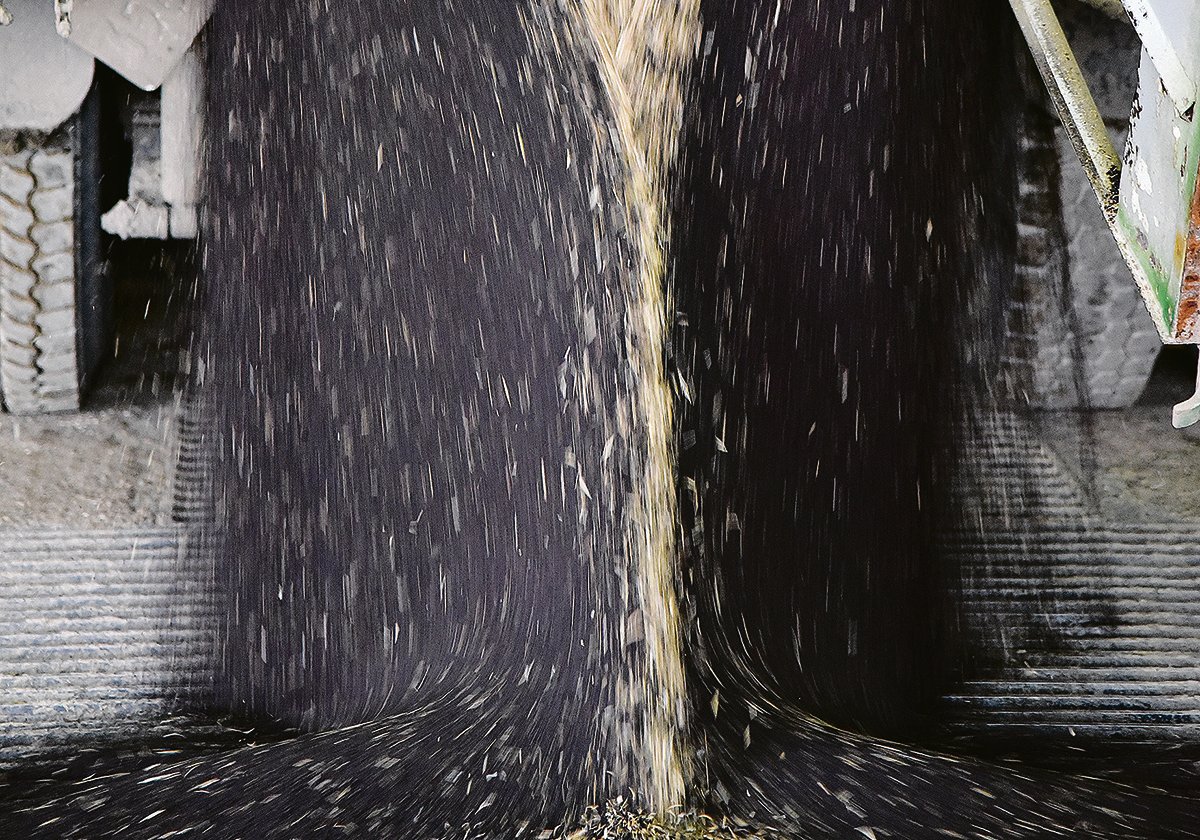I can’t recall a week in my 30-year reporting career at the Western Producer where I have heard the word “uncertainty” uttered more frequently.
U.S. president Donald Trump’s on-again/off-again tariffs have everyone’s head spinning.
And just when you think you have that one momentarily figured out, China joins the fray.
Read Also

Livestock leads Canada’s farm economic outlook
Forecasts by a major Canadian farm lender featured good and bad news on the financial health of both farmers and Canadians at large.
I feel particularly bad for those in the canola business because they are under siege on multiple fronts.
The latest attack from China is a 100 per cent tariff on canola oil and meal.
It makes you wonder where all the oil is going to go because earlier this year, Canada’s crushers learned that canola-based fuel will not qualify for the cherished 45Z Clean Fuels Production Credit in the United States.
That is a tax credit amounting to up to US$0.30 per gallon for biodiesel, renewable diesel and sustainable aviation fuel.
Chris Vervaet, executive director of the Canadian Oilseed Processors Association, told me that without that tax credit, canola-based biofuel is non-competitive.
The U.S. biofuel market has been buying an extra one million tonnes of Canadian canola oil per year on top of the approximately two million tonnes sold to the food sector annually.
Losing that biofuel market is a $1 billion annual blow to Canada’s canola sector. And that was just the beginning of what Canada’s canola crushers thought was going to be the main growth driver for their industry.
There is still a chance Canada’s canola industry can convince U.S. regulators to give Canada a more favourable carbon intensity rating before the final guidance is released later this year.
But in the meantime, it is another major setback for an industry that is already bracing for another possible retaliation from China’s anti-dumping investigation into canola seed.
Did I mention the new April 2 deadline for Trump’s proposed 25 per cent tariffs?
And then there’s the uncertainty surrounding U.S. biofuel policies. There were a lot of biofuel balls up in the air when Trump took office, and it remains to be seen where they will land.
Companies that supply feedstocks to the biodiesel and renewable diesel sectors must be particularly concerned because those sectors are heavily dependent on government mandates and tax credits.
Corn ethanol is a far more commercially viable fuel by comparison. Ethanol is generally cheaper than gasoline, although it contains less energy per unit volume. As well, it is an oxygenate that helps gasoline burn more completely and cleanly.
This means it has a far better chance of standing on its own two feet if the policy winds shift against biofuel.
Sean Pratt is a reporter with the Western Producer.
















